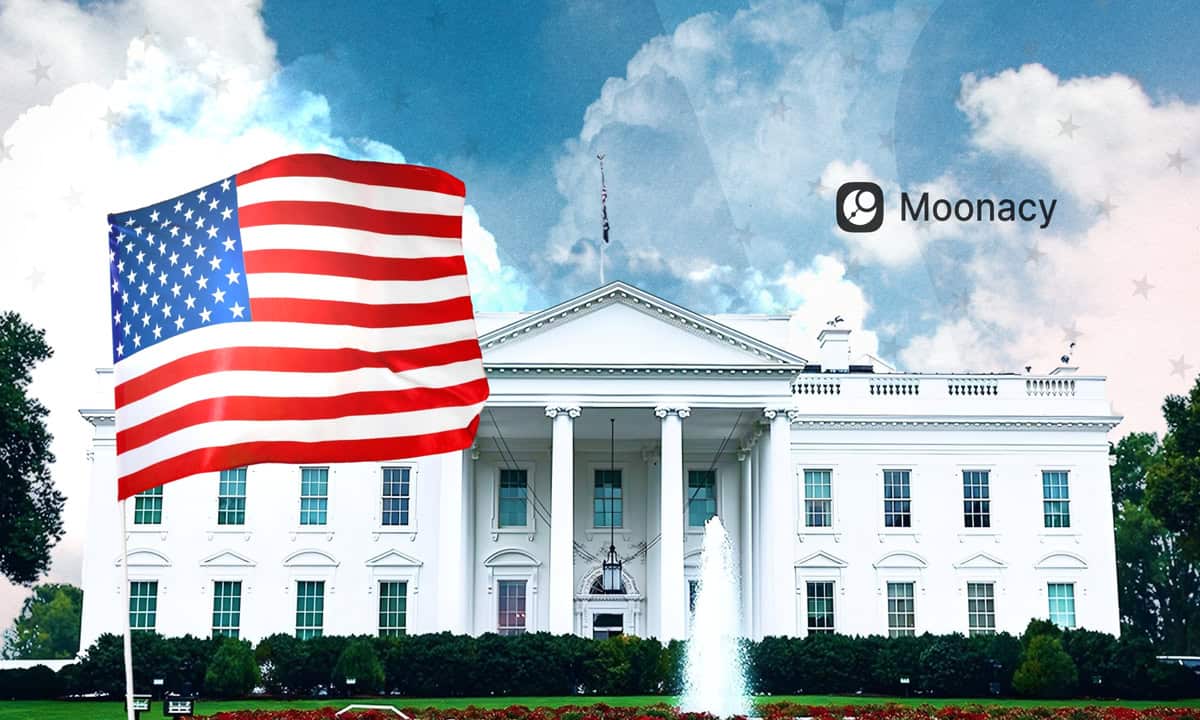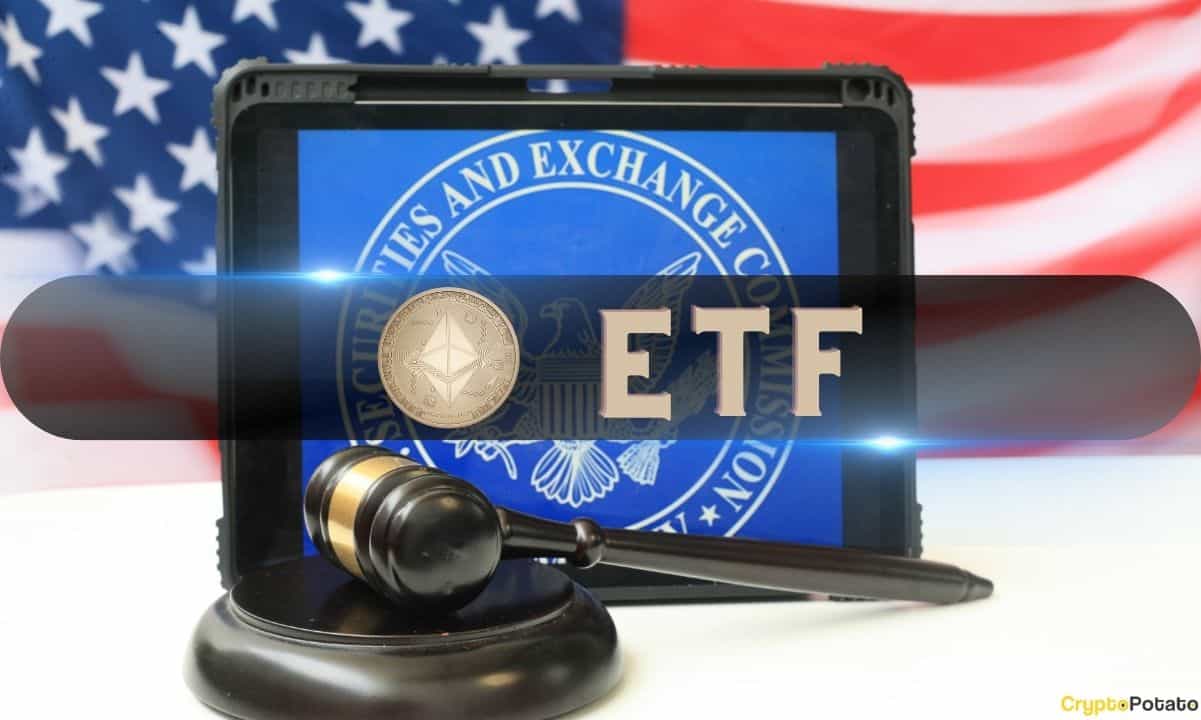HB7082 Enacted: Connecticut Prohibits Crypto in State Treasury
Connecticut has made a bold move to distance itself from government cryptocurrency involvement by unanimously passing House Bill 7082, now known as Public Act No. 25-66.
This marks the country’s most expansive state-level prohibition on crypto-related government activity.
Connecticut Shuts Door on State-Backed Crypto Projects
The new law bars all state and municipal bodies from establishing cryptocurrency reserves or accepting digital assets as payment for taxes, fees, or any financial obligations. This sweeping action effectively halts any future state-supported crypto projects in Connecticut.
In addition to the investment ban, the legislation outlines rigorous consumer protections for virtual currency service providers.
Companies involved in money transmission must prominently display warnings that transactions are irreversible and that losses from fraud or errors may be unrecoverable. They are also required to disclose all material risks to customers and verify the identity of users under the age of 18.
The legislation also revises the state’s broader financial oversight laws and introduces new definitions surrounding key digital finance terms such as digital wallets, kiosks, and control persons. Moreover, it compels crypto businesses licensed in Connecticut to implement enhanced compliance programs that meet new state standards.
This hardline stance contrasts sharply with the growing number of states actively pursuing digital asset adoption. Bitcoin Laws data reveals that 31 states are currently considering Bitcoin reserve bills. Of them, 16 have advanced while 8 rejected similar measures. While some of those rejections may still be revisited, Connecticut’s legislation is significant for the breadth and decisiveness of its restrictions.
First in the Nation
Last month, New Hampshire officially became the first US state to establish a strategic Bitcoin reserve. On May 6, Governor Kelly Ayotte signed House Bill 302 into law, which allowed the state treasury to invest up to 5% of its funds in Bitcoin and other digital assets with market capitalizations over $500 billion. Currently, only Bitcoin qualifies.
The law, which is inspired by Satoshi Action’s policy framework, requires secure, US-regulated custody and aims to diversify reserves while upholding fiscal responsibility.
The post HB7082 Enacted: Connecticut Prohibits Crypto in State Treasury appeared first on CryptoPotato.









